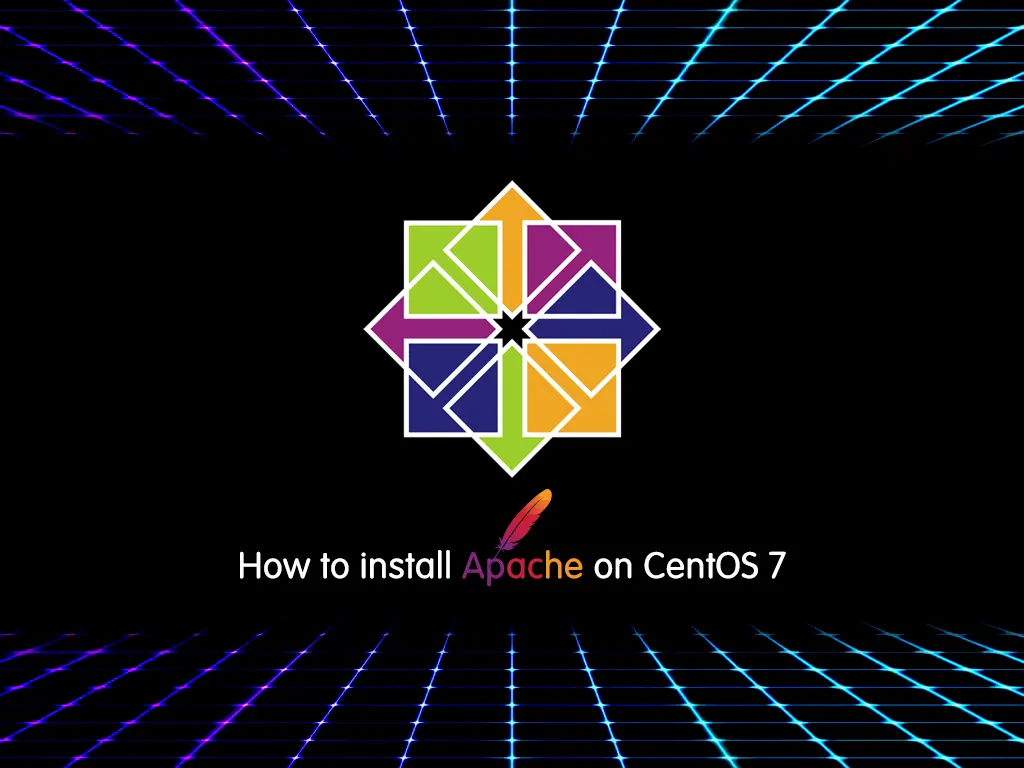Broadcom CEO Hock Tan has rated his enterprise’s first hundred days as the owner of VMware “a strong start,” but also acknowledged the rapid changes at the virtualization giant have been hard for some to digest.
“While much work remains, we’ve made substantial progress as we build the world’s leading infrastructure technology company,” Tan wrote on Broadcom’s blog.
“We’ve acted decisively to increase customer value since we closed the acquisition in late November,” he added, noting action such as an overhaul of “our software portfolio, our go-to-market approach and the overall organizational structure.”
“We’ve changed how and through whom we will sell our software. And we’ve completed the software business-model transition that began to accelerate in 2019, from selling perpetual software to subscription licensing only – the industry standard,” he added.
Then came an admission that not everyone in VMware-land has enjoyed the last hundred days.
“Of course, we recognize that this level of change has understandably created some unease among our customers and partners,” Tan wrote, before suggesting future gains will make the current pain worthwhile.
“All of these moves have been with the goals of innovating faster, meeting our customers’ needs more effectively, and making it easier to do business with us. We also expect these changes to provide greater profitability and improved market opportunities for our partners.”
Tan goes on to praise VMware’s Cloud Foundation product, promise to improve it with a billion-dollar R&D war chest, and note that Broadcom has halved the subscription list price by half.
That’s accurate – but Tan neglected to mention that VMware now only sells bundles, meaning Cloud Foundation is now the only way some customers can re-license their existing VMware estate. Cloud Foundation covers software-defined compute, networking, storage and management tools – a combo not all VMware customers use or want.
Being forced to acquire Cloud Foundation therefore means some are being forced to pay for more software than they want – a situation that sees vastly increased bills for some customers.
The Register‘s virtualization desk has been told of license costs escalating by 500 or 600 percent, in some cases making it cheaper to run workloads on bare metal instead of using server virtualization.
Broadcom argues that those customers will be better off if they implement all of Cloud Foundation, as it will deliver “lower cost of ownership for the average enterprise customer, compared with the ever-increasing cost of a public cloud.”
Tan believes the actions Broadcom has undertaken to date address “the business outcomes our customers have expressed to me directly as their most critical priorities.”
The Register understands that VMware by Broadcom will reveal enhancements to Cloud Foundation and other core VMware products around May. ®


